Monday morning and the day of the forecast storm, so, up early and off to Dungeness. Gamble no. 1 would I get there? Gamble no 2: would the M25 QE2 bridge be open and gamble no 3: would the M20 be functioning. Answers in order, yes, no, yes. So, off at 5.15 in breezy conditions on to a fairly empty M11 and M25. A short wait to get through the tunnel as the bridge was closed and on to the M20 by 6.15. Very windy conditions were knocking lorries about a little but, after a coffee at Maidstone, a non eventful journey to the sea at Dunge. I was greeted by an amazing roar and electricity arcing all around Dungeness power station B. The noise was deafening, the wind plus all pumps going full blast at the power station. I found it difficult to walk on to the shingle and shelter on the leeward side of the sea watch hide. Gulls shot by backwards, but cormorants were making steady progress into the head of the gale. Incredible to watch as I was finding it difficult to stand, never mind hold camera or telescope still. The radio 4 news reported the powercut at the power station stating wind gusts had peaked at 90mph. No wonder walking wasn't easy!
 |
| cormorants flying into the gale |
 |
| adult great black backed gull (top) and juvenile lesser black backed gull |
.JPG) |
| dodging the 8 foot breakers |
.JPG) |
| hard work |
.JPG) |
| amazing sight, using the waves to aid flying |
The wind battered on unabated but my gamble no 4: birds would be everywhere due to the storm was not materialising. Very little on the sea and the fact that the warden, David Walker was not out at the sea watch hide was a good indication that it was not worth being there. By now, I was covered in salt spray, as were my optics, especially glasses that were caked in salt. The waves were certainly powerful.
.JPG) |
| spot the cormorant, centre. |
By now, time for a little shelter, so off to the ARC pit near the RSPB reserve. Few birds, including my 204th species for the year, a glossy ibis, somewhat distant photos here, next to a cormorant resting after being bashed about in the turbulence.
A greenshank, plenty of pochard, tufties, shovelers and gadwalls present, but little else, so off to the reserve for a coffee. As I pulled into the car park, the only car!! the wind was still bashing about but the sun was out and I chanced upon a fox enjoying a little shelter and some warmth.
After another shot of coffee out onto the trail. Good birds were hard to come by and all small ones were settled, invisible at the bottom of the masses of willows. Marsh harriers, a kestrel (see below), a solitary and very brief male hen harrier were noted along with more wildfowl including some splendid pintail drakes; always a stunning bird.
 |
| great crested grebe |
.JPG) |
| kestrel |
.JPG) |
| too windy for take off and holding on tightly |
 |
| distant marsh harrier |
 |
| pintail |
Finally, back to HQ to give a brief report of sightings to the manager and a quick check of the hide next to the office. Great stuff, a great white egret, firstly skulking in reeds and then perched in a tree, being observed by a grey heron. Also, a rainbow appeared so all was great and the wind was slowly becoming less powerful; I could walk without difficulty.
.JPG) |
| great egret with 5 little egrets |
.JPG) |
| trying to climb the vegetation |
.JPG) |
| peaceful shot, with great egret in distance! |
 |
definitely a tufted duck!
|
By this time the storm had passed and so back to the bird obs and the sea watch hide. This time I got into the hide and observed more gulls, kittiwakes, grebes and common scoter heading into the strong breeze, but nothing unusual. After an hour I decided to beat the traffic and head home. So did everyone else and I joined a long queue for the tunnel, which was free to help alleviate congestion.
A worthwhile trip even if the gamble of hoping for some rarities didn't pay off. Glad I made the effort. Finally, a study of a passing juvenile great black backed gull


.JPG)
.JPG)
.JPG)
.JPG)

.JPG)
.JPG)


.JPG)
.JPG)
.JPG)

.JPG)


.JPG)
.JPG)
.JPG)
.JPG)
.JPG)
.JPG)
.JPG)
.JPG)
.JPG)


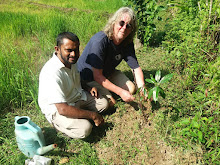























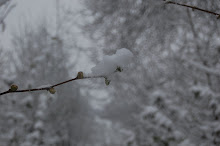













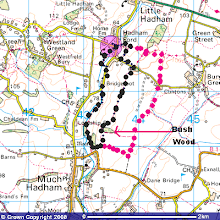
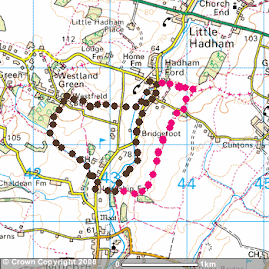
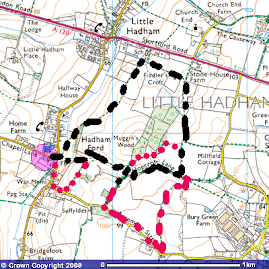
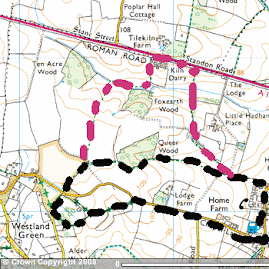
No comments:
Post a Comment